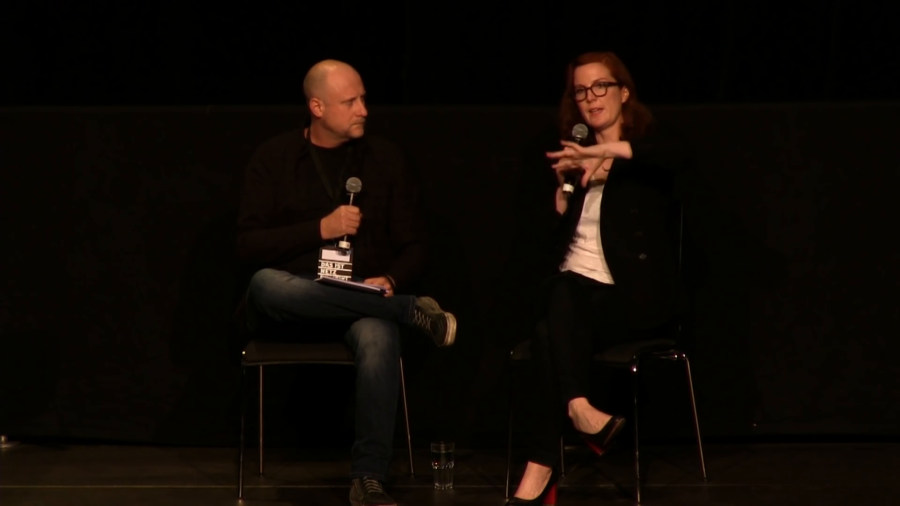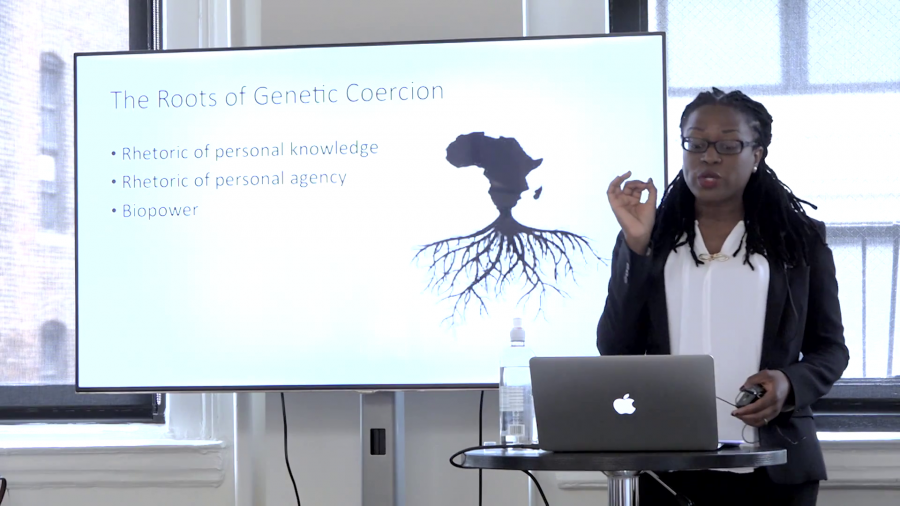The big concerns that I have about artificial intelligence are really not about the Singularity, which frankly computer scientists say is…if it’s possible at all it’s hundreds of years away. I’m actually much more interested in the effects that we are seeing of AI now.
Archive
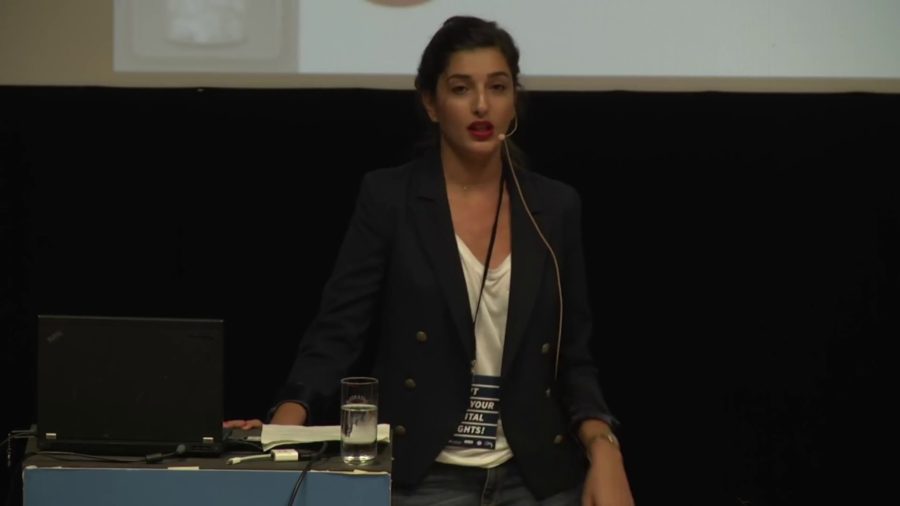
We have been documenting and researching into human rights or digital rights violations that are taking place in Palestine and Israel. And one of the most recent case studies or work that we’re looking into is the use of predictive policing by Israel, which is rather a sensitive issue given that there isn’t a lot that we know about the subject.
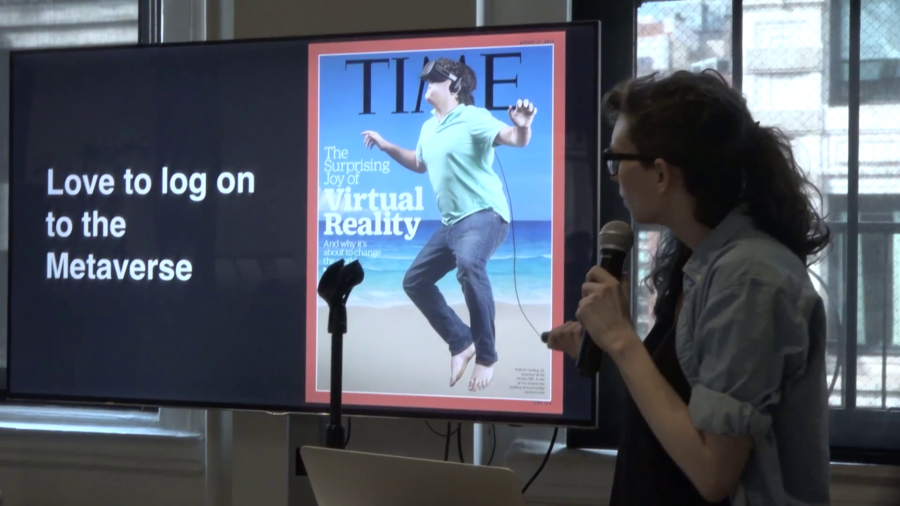
I’ve been trying to get as many weird futures on the table as possible because the truth is there are these sort of ubiquitous futures, right. Ideas about how the world should or will be that have become this sort of mainstream, dominating vernacular that’s primarily kind of about a very white Western masculine vision of the future, and it kind of colonized the ability to think about and imagine technology in the future.

Machine learning systems that we have today have become so powerful and are being introduced into everything from self-driving cars, to predictive policing, to assisting judges, to producing your news feed on Facebook on what you ought to see. And they have a lot of societal impacts. But they’re very difficult to audit.
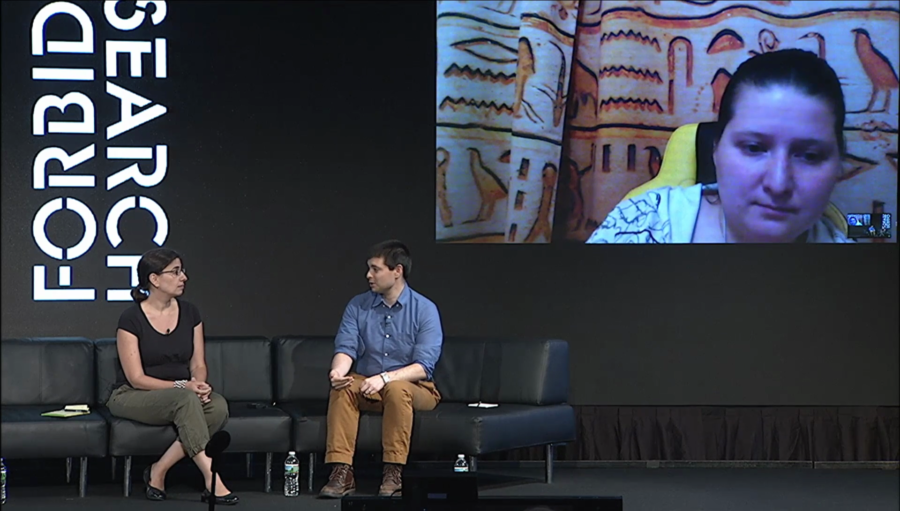
Quite often when we’re asking these difficult questions we’re asking about questions where we might not even know how to ask where the line is. But in other cases, when researchers work to advance public knowledge, even on uncontroversial topics, we can still find ourselves forbidden from doing the research or disseminating the research.
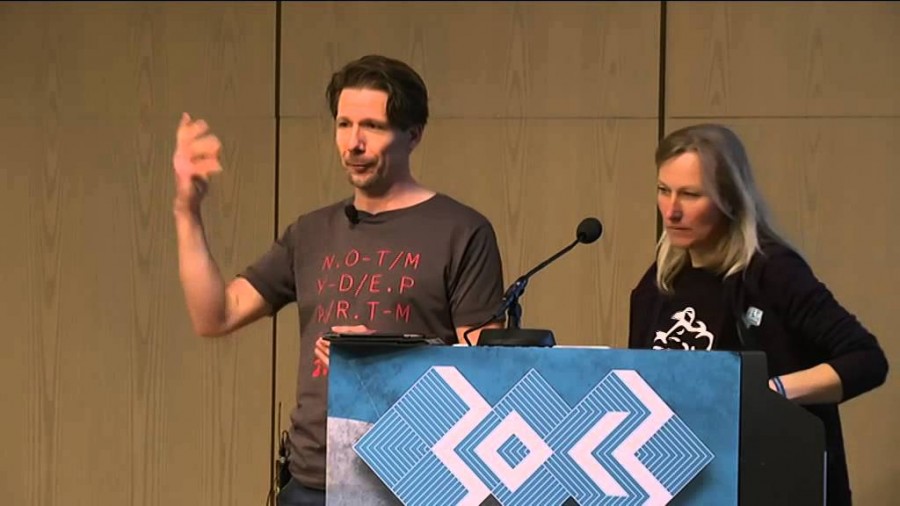
We have to be careful about distinguishing between mere analogies linking the Romantic period to our own age that maybe don’t have any useful analogs, and those that do have some continued operational relevance. Because it is the case that Romantic writers like John Keats, Mary Shelley, William Wordsworth, philosophically modeled and to some extent thought through many of the debates and issues that we’re currently having as we seek to shape the contours of our future societies.

Almost a year ago, I put my heartbeat online, and along with my heartbeat an accounting of all the days I’ve lived, and the days I statistically have yet to live, along with my average heartbeat for each day. So I was playing with the idea of privacy. Here’s this very intimate measure, in a way. But I’m not worried about sharing it because there’s not much you can learn about me from my heart rate.

